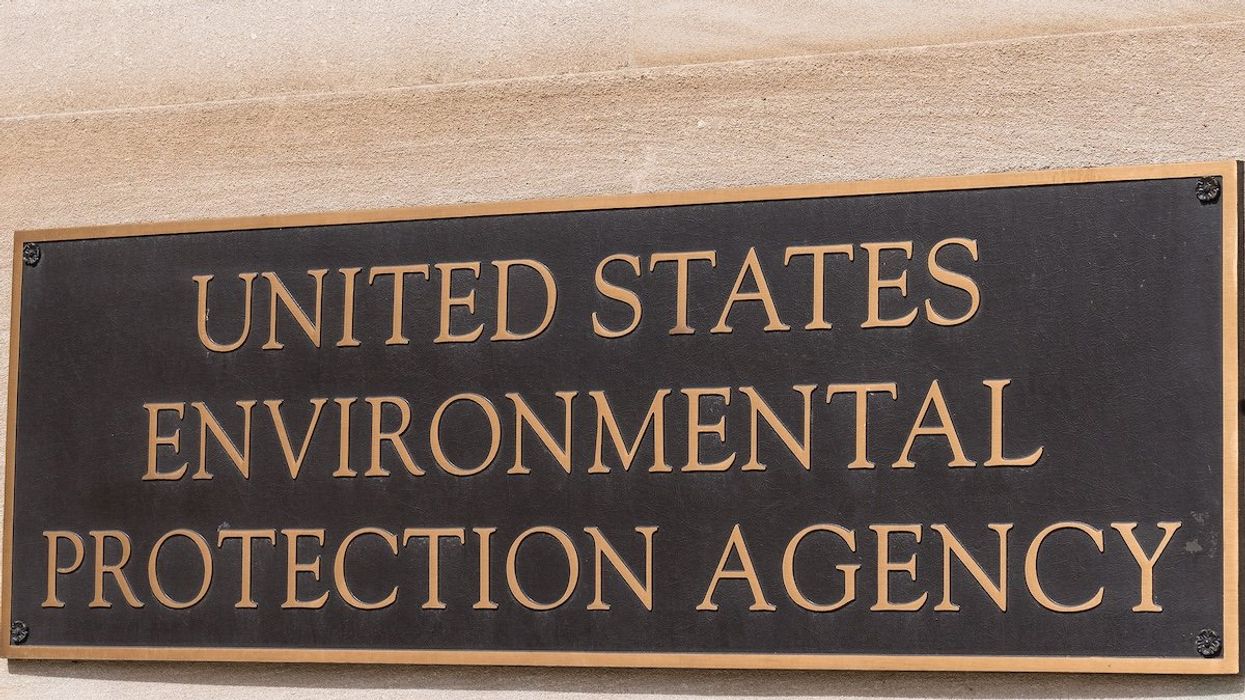A wave of federal grant cancellations has upended research into public health and environmental justice in Moss Landing, California, where fires at a massive battery energy storage site have raised fears about contamination.
Dan Gearino reports for Inside Climate News.
In short:
- Two federal research grants focused on community impacts of renewable energy infrastructure in Moss Landing, California, were canceled by the Trump administration, citing a realignment of agency priorities.
- The National Science Foundation and the U.S. Environmental Protection Agency grants had supported investigations into the environmental justice dimensions of energy projects and local attitudes toward battery storage, especially after fires at the Vistra Corp. facility.
- Researchers warn that the cancellations will cause a loss of knowledge, derail years of work, and deprive graduate students of funding and career-building experience.
Key quote:
“There’s a cold indifference coming internally from my university. It’s been radio silence. It’s just me firing off emails to the administrators saying, ‘Where are you guys?’”
— Dustin Mulvaney, environmental studies professor at San Jose State University
Why this matters:
Battery storage systems are a critical part of the clean energy transition, allowing grids to store power from renewable sources and deploy it when demand is high. But recent fires at facilities like Moss Landing have prompted concerns about how these technologies affect nearby communities — especially low-income neighborhoods already overburdened by pollution. When fires occur, they can release toxic compounds, contaminating soil and water and putting public health at risk. Studying local reactions to these projects helps identify barriers to public acceptance and can reveal systemic disparities in how communities experience environmental risks.
Learn more: HHS abruptly eliminates staff for federal energy aid program serving millions














